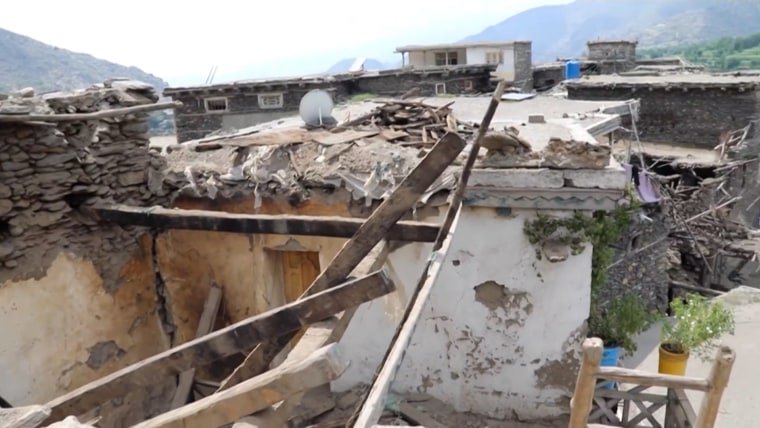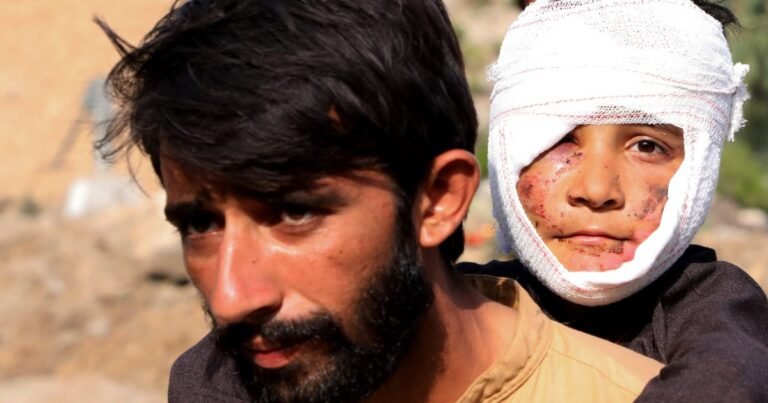BRUSSELS — The U.N.’s migration agency is appealing for funds for around 134,000 people who need help in Afghanistan, nearly two weeks after an earthquake killed more than 2,200 people in the country’s mountainous east.
Many of the quake-hit Afghans are homeless, sleeping in the open and desperate to return and rebuild. Aid organizations are struggling to get tents and other assistance up the mountains and winter weather is expected in the coming weeks.
“We don’t want to create a camp” for the displaced, the International Organization for Migration’s Chief of Mission in Afghanistan Mihyung Park told The Associated Press.
“Those who are displaced … they’re living in a makeshift type of situation,” Park said in Brussels, after holding talks with European Union officials.
“We are trying to provide our assistance as close we can” to their current location, she added.
The deadly magnitude 6.0 quake on Aug. 31 and aftershocks that followed also injured more than 3,600 people, Afghan authorities have said. Many hard-hit areas are tough to get to, with some only reachable by helicopter. The IOM said that more than 7,000 homes were destroyed. Nearly half a million people have been affected in all.

In the 80 out of 400 hardest hit villages where the U.N. carried out damage assessments, “more than 6,000 homes were destroyed and over 1,300 others damaged,” U.N. spokesman Stéphane Dujarric said.
The U.N. and its partners have reached at least 60,000 quake survivors with food, and 30,000 have been provided with safe drinking water, he said, adding that malnourished children and pregnant and breastfeeding women have also received specialized nutrition aid.
But the U.N. spokesman said far more resources are needed, stressing the U.N.’s appeal for $139 million to help 457,000 people over the next four months.
Afghanistan was already facing multiple crises, including the return of more than 1.7 million Afghans from Iran and Pakistan in 2025, large-scale internal displacement and severe economic hardship.
Park said Afghans rely heavily on E.U. assistance, particularly since the United States stopped sending funds after the Taliban seized control of Afghanistan in August 2021 as U.S. and NATO troops pulled out of the country, ending America’s longest war.

